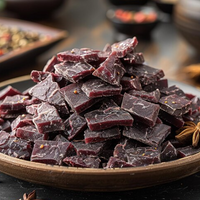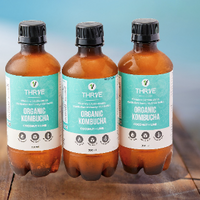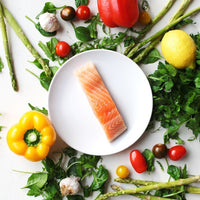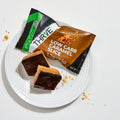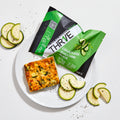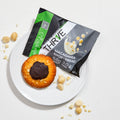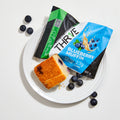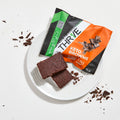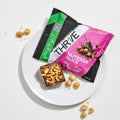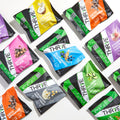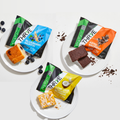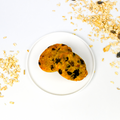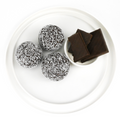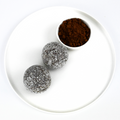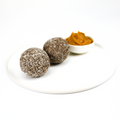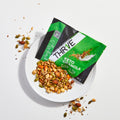The low-carb diet is trending for a reason. It can be a really effective way to burn fat and hit reset. However, there are a few common mistakes that people make, especially when starting out. We quizzed nutritionist Shannon Young about what to watch out for.

Not eating enough veggies
One of the common stereotypes about low carb diets is that they’re a big bacon, steak and cheese fest with not a veggie in sight. Sure, that’s one way to eat low carb, but it’s certainly not a healthy one.
“Keeping your vegetable intake up when following a low-carb diet is important to make sure you are consuming adequate vitamins, minerals and fibre,” says Shannon. “Include high fibre, water-rich vegetables to naturally boost hydration and support your digestive system.”
There are plenty of vegetables you can eat that are low in carbs. “Try cauliflower, cabbage, avocado, broccoli, zucchini, spinach, asparagus, kale, green beans, tomatoes, cucumber, eggplant, Brussels sprouts, celery and green beans. You can also have small amounts of raspberries, blackberries and blueberries.”
Remember, low carb doesn’t mean no carb – you do have a carb allowance, even if it’s a small one. Eating more veggies is a wise way to use it. With a whopping 96% of Aussies not eating enough vegetables, we could all get more veg, regardless of the diet we follow.
Eating too much protein
It’s definitely important to get enough protein – especially when cutting back on carbs. However, be wary of going overboard as it can derail your efforts.
Here’s a science lesson – usually your body gets its energy from sugars, mainly glucose, that it sources from carbs. But remove the bread basket and boom – your body can start turning protein into sugars. Crafty, hey? “Too much protein can mess with your ability to burn fat,” Shannon explains. “This is because the body can turn the amino acids from protein into glucose – a process called gluconeogenesis. The production of glucose using excess protein means your body will use this as energy instead of the stored fat.”
If you reckon you’ve gone a little overboard on the protein, you can always use an online calculator to figure out whether you’re getting the right balance or, even better, consult a nutritionist. “If you’re eating more than about 20 percent of your daily calories from protein, you’ll need to adjust your meals and snacks – replacing high protein options with healthy fat sources,” says Shannon. In short, pass on the chicken with a side of bacon and get extra veggies where you can.
Not adding healthy fats
Quite simply, whatever diet you’re on, you need healthy fats. When you’re on a low carb diet, you really need healthy fats. This means topping meals with smashed avo, snacking on walnuts and almonds, dressing your meals with extra virgin olive oil and cooking up fatty fish like salmon, mackerel and sardines.
“Fat is an essential nutrient and its primary function is to build and maintain vital cells in the body and act as a fuel source,” says Shannon. “If you aren’t consuming enough dietary fat, you’ll be putting yourself in a large calorie deficit that your body must adapt to. This will result in a decrease in energy and an increase in hunger and cravings.”
This story originally appeared on Fitness First's Get There blog.

